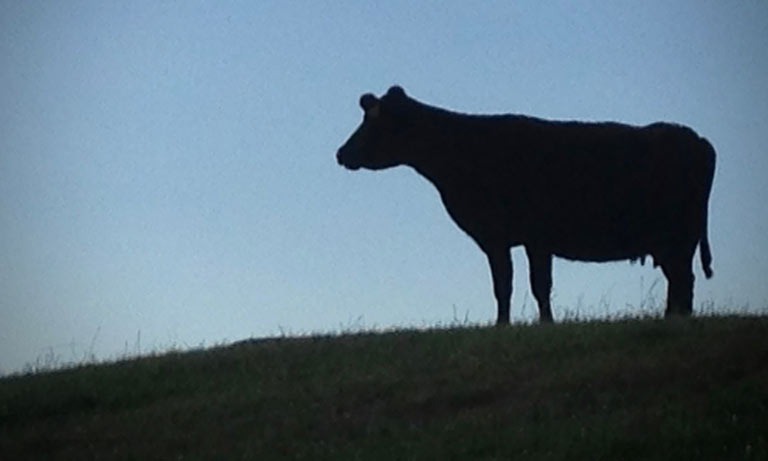New British Veterinary Association President calls for animal welfare alongside client choice to be at the heart of CMA recommendations
26 Sep 2024
The statement follows confirmation of several cases of BTV-3 in cattle in Kent.

Story updated 28 November 2023
The Government has confirmed several cases of Bluetongue Virus (BTV), a notifiable disease, have been found in cattle in Kent. The Animal and Plant Health Agency (APHA) and the Pirbright Institute identified the disease in the first cow through Great Britain’s annual bluetongue surveillance programme. Today, (28 November 2023) four additional cases at two premises in Kent have been confirmed.
The affected cows have been culled to reduce the risk of onward disease transmission and temporary control zones around the affected farms have been put in place, which will restrict movement of susceptible animals except under license.
The UK’s Chief Veterinary Officer has urged farmers to remain vigilant for bluetongue virus.
Responding to the news, BVA President Anna Judson said:
“Whilst the confirmed case of Bluetongue in a cow in Kent is deeply concerning, it’s positive to see that routine veterinary surveillance to identify potential disease risks is working. This is now a critical moment and BVA urges UK farmers, particularly those in the Southeast of England, to remain vigilant for any signs of Bluetongue in their animals.
“Vets are there to support farmers in protecting the health and welfare of their livestock. We’d recommend farmers speak to their vet about the benefits of vaccination where one is available and especially if farmers have any concerns about their livestock.”
BTV is transmitted by midge bites and affects cows, goats, sheep and other camelids such as llamas. The midges are most active between April and November. Another possible reason for disease incursion can be through an infected imported animal.
The virus does not affect people or food safety.
BTV is a notifiable disease. Suspicion of BTV in animals in England must be reported to the Animal and Plant Health Agency on 03000 200 301 (England) and 0300 303 8268 (Wales), or the Local Field Service Office in Scotland.
More information about BTV is available here.
Ruminant Health & Welfare has also developed FAQs to give farmers and vets up-to-date information on the current situation.
Get tailored news in your inbox and online, plus access to our journals, resources and support services, join the BVA.
Join Us Today